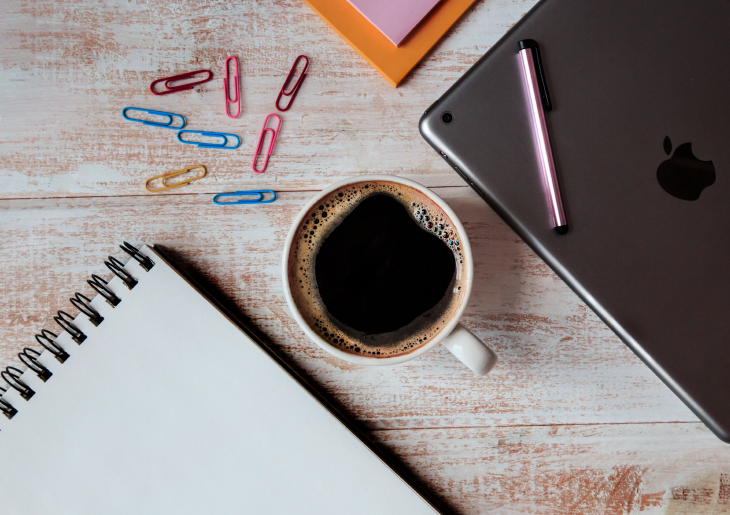
The environment in which we exist has a powerful impact on our mood and behaviour. Your study space will influence how you study, so take the time to set it up in a way that will help you do this effectively. Here are some tips on how to do this.
*The first part of this article is for students creating a study space in their home. The second part of the article is designed for students studying in communal or public space.
Make it physically comfortable.
This includes paying attention to furniture, lighting, clothing, noise levels, temperature, and ventilation.
Make it functional.
Have all the various things you will need to study such as computer, stationery, paper, textbooks, and internet connection set up in your space. The idea is that you don’t need to leave the area in order to study. At the core of making a space functional is ensuring the space makes it easy to do the things you need to do, but hard to do the things you don’t. Set up your space so it is very easy to read, take notes, create self-test cards, and type on the computer. In contrast, make it hard to access obvious distractions such as TV, mobile phone, chatting with others, etc.
Minimise distractions.
The most common distractions are people, conversations, and digital media. Where possible set up your space to be away from areas where people gather to talk or are likely to talk to you. It can be incredibly difficult to focus on work when there is conversation nearby, as our brains are wired to tune into that conversation. Generally, privacy is better.
When studying, put your phone on silent or at least turn most notifications off. Resist the temptation to have social media, email and messaging open while you work. Instead, set dedicated times to check social media, messages and emails during the day.
Remove clutter.
Studying can be a messy process and it is perfectly normal to end a study session with papers and books lying everywhere. However, it is important to regularly clean and tidy your study space. The best way to encourage this is making sure there is a proper home for your study materials such as a drawer or shelf for textbooks, papers, stationery, etc. If everything has a proper home it is much quicker to clean your space.
Make it uniquely you.
The step beyond de-cluttering is decorating. Having removed the stuff that makes you feel worse, you now replace some of it with stuff that makes you feel good. This is about crafting your study space so it contains elements that reflect your unique personality and interests. It is about making it your territory and feeling a sense of ownership over the space.
Take breaks.
Just because you create a cool study space does not mean you should spend hours in it at a time. Regular breaks (e.g. 5-10 minutes every hour) are recommended.
Tips for studying in a communal or public space
For many students, the bulk of their study happens in public settings. While you cannot create a space that is entirely your own in a public space, there are ways to capture the essence of the points above.
- Look for spaces that have the best combination of privacy, airflow, temperature, natural light, and noise levels.
- Where possible find a spot that you can return to on a regular basis, so it feels more like your own.
- Consider the bag in which you carry all your study items. Does it have everything you need to study such as laptop, stationery, paper, articles, healthy snacks, etc? Think of your bag like a mini office that you are carrying around with you.
- Lay out your desk in the same way each time, so you build a study routine. This will help you minimise time wasted on unimportant factors.
- Carry a few personal items on you, that bring you joy. Set them up before you study.
- Remember to take breaks.
The other thing to consider is that studying in a public place opens opportunities for you to engage with others. For example, you might start a study group with some fellow students. Instead of studying alone, you all agree to review and test each other on recently taught material. Harness the fact that you might not always be able to study alone.
These evidence-based tips have been collated, courtesy of the Flinders Health, Counselling and Disability Service (HCDS). If you are interested in reading other similar content visit the Student Health and Wellbeing blog.

